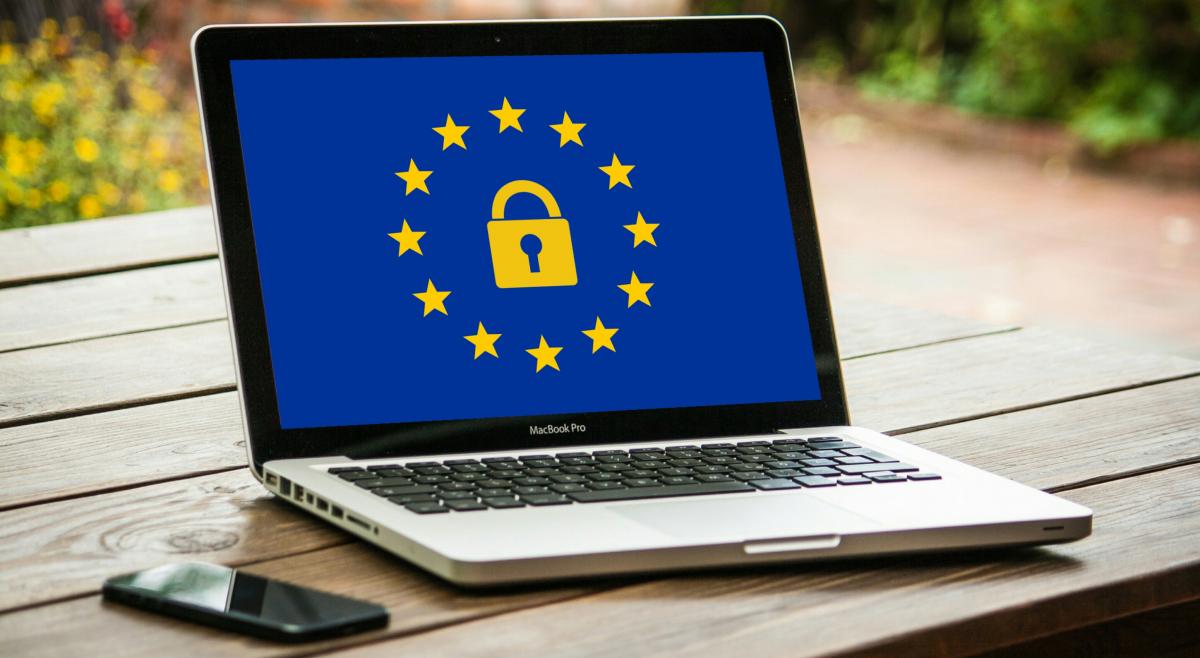- Get link
- X
- Other Apps
- Get link
- X
- Other Apps
Facebook is often a negative example: According to a study by the Pew Research Center, 74 percent of American Facebook users have no idea how Facebook's “advertising preferences” track their behavior and preferences on the web. But they do worry, and a good half are unhappy with the fact that so much information is being gathered.
In the US, Facebook is facing a record fine by the
Federal Trade Commission (FTC) for failing to keep data protection
promises. In Germany, concerns about data protection are even more
pronounced than in the USA. The current
data breach in the Bundestag took some politicians as an
opportunity to log out of Facebook and other social networks. The city
administration of Neustadt in Central Hesse has completely switched off
Facebook.
Facebook Is Just the Tip of The Iceberg
Facebook is not the only culprit,
however. Anyone who uses Facebook does so voluntarily and it is possible,
albeit very difficult, to ensure data protection there.
But other players like Google also collect a lot of
data about their users. Even when you are not in front of the computer,
your cell phone constantly provides information about your location.
So, if your privacy is very important to you and
you don't log into Facebook and avoid Google, can you feel safe? Instead,
use a search engine like DuckDuckGo that specifically does not
want to collect any data.
Even that data abstinence doesn't help much if
you've booked a hotel, used a credit card, or even created an online
account. Just a few days ago, security researchers at Troy Research found
773 million e-mail addresses and 21 million passwords in a single data set
called "Collection 1". This
list is arguably two to three years old and comes from a variety of hacked
sites.
The list of data leaks is long: Dropbox was
compromised in 2016, LinkedIn in 2012, and this series could go on and on. Even
the largest websites are not immune. Mail addresses with the ending .de
are less at risk than those with .com, but by no means immune. So prepare
for the inevitable.
Of course, the calls are now loud: “Change your
passwords”. But it should rather be the singular "Change your
password". If you use the same password for different accounts, the
risk of data leaks increases significantly. In short, reusing passwords is
an invitation for criminals.
Tips for Passwords for EU Data Protection Day 2021
Email accounts are the key to logging into websites
in almost all cases. Special protection is required here. If
you can find your email address on the Have I been Pawned
website and
discover that you have been hacked, there are some steps you should take.
Here are some tips on how you can protect your
services even if your password has been cracked.
- · Turn on two-factor authentication for the things you use frequently (Apple ID, Twitter, Gmail, Facebook, Office 365). This ensures that someone who has stolen your password cannot access the service without a second factor. As a rule, a one-time password is generated that you receive on a different e-mail account or on your mobile phone. But be careful on which website you enter this information, as phishing sites often pretend to be legitimate websites.
- · Use offline authentication codes such as Microsoft Authenticator or Google Authenticator. SMS passcodes should only be used as a last resort because they are problematic.
- · Use a password manager and save all your passwords there. Do not use the same password for different passwords, even if you change them slightly. Save the recovery code in a safe place at home. 99.9 percent of all attacks come from the Internet and not from your home. Use the password manager on different devices. If one is lost or fails, you still have access to the password manager.
- · If you use your own mail infrastructure or service that allows you to do so: Create alias addresses for emergencies so that the hackers do not have all the information in the event of a data leak and it is difficult for them to correlate data. Nobody can link addresses like Ichbestellpizza@mydomain.de with helloikea@mydomain.com with your main information if you create aliases and write down the reasons for them. All emails go to the same inbox, but you can then find out who sold your data if you suddenly receive spam and phishing emails on a single account.
- · Are you a commercial user or company with a lot of email accounts and services? Or do you need more protection because you are using company-critical data? Then you should consider the authentication status U2F. U2F is an industry-standard for generally applicable two-factor authentication, based on an adapted challenge-response authentication. The authentication key is in the form of a USB stick. Even if an attacker obtains your access data, he does not have the stick and therefore has no access to the services. There are also wireless keys that use Near Field Communication (NFC) or Radio Frequency Identification (RFID). You can use this together with your smartphone.
- Try our free antivirus for data protection.
- Get link
- X
- Other Apps

Comments
Post a Comment